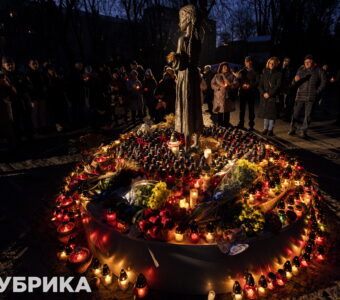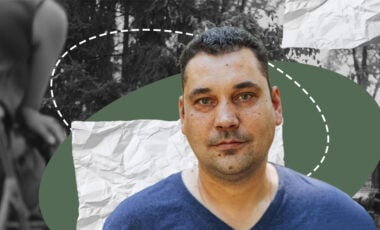Ukraine commemorates Holodomor victims on November 23
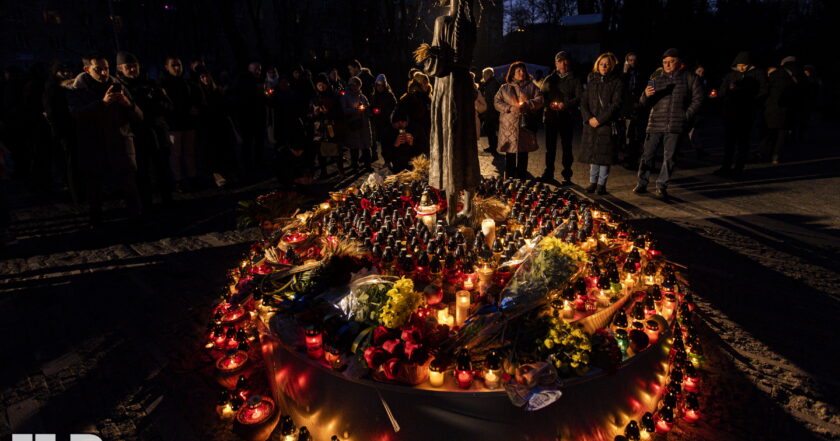
On November 23, 2024, Ukraine commemorates the victims of the Holodomor, a man-made famine that devastated the country in the early 1930s.
This date is observed annually on the third Saturday of November, following presidential decrees from 1998 and 2007. The day honors the millions of Ukrainians who perished during this horrific event.
On November 16, 2022, Ukraine's parliament adopted a resolution urging countries around the world to recognize the Holodomor of 1932-1933 as a genocide against the Ukrainian people. This was a crucial step in gaining international recognition of the atrocity committed by the Soviet regime under Joseph Stalin.
It should be noted that Ukrainians experienced three famines in the 20th century:
- 1921-1923,
- 1932-1933,
- the famine of 1946-1947.
The Holodomor of 1932-1933, which is considered the largest and most devastating, is viewed by many historians as a deliberate act of genocide. Before the famine, the Soviet government imposed forced collectivization on Ukrainian farmers, confiscating their land and grain. This was followed by a brutal campaign of "dekulakization," where prosperous peasants (known as "kulaks") were targeted, executed, or sent to labor camps. These actions were accompanied by widespread terror in rural areas, and the Soviet government requisitioned grain and foodstuffs from Ukraine, leaving millions to starve.
This man-made famine, which lasted for 22 months, was part of the Stalinist regime's larger strategy to suppress any resistance to Soviet control and eliminate independent farming, which was seen as a threat to the Soviet system. The famine was not an isolated event but part of broader policies that devastated Ukrainian society.
In the years preceding the famine, Ukraine had already endured significant repression, including widespread purges of its intellectuals and clergy. The Ukrainian peasantry, long seen as a symbol of national identity, became the primary target of Stalin's policies, and the famine led to a dramatic loss of life and cultural destruction.
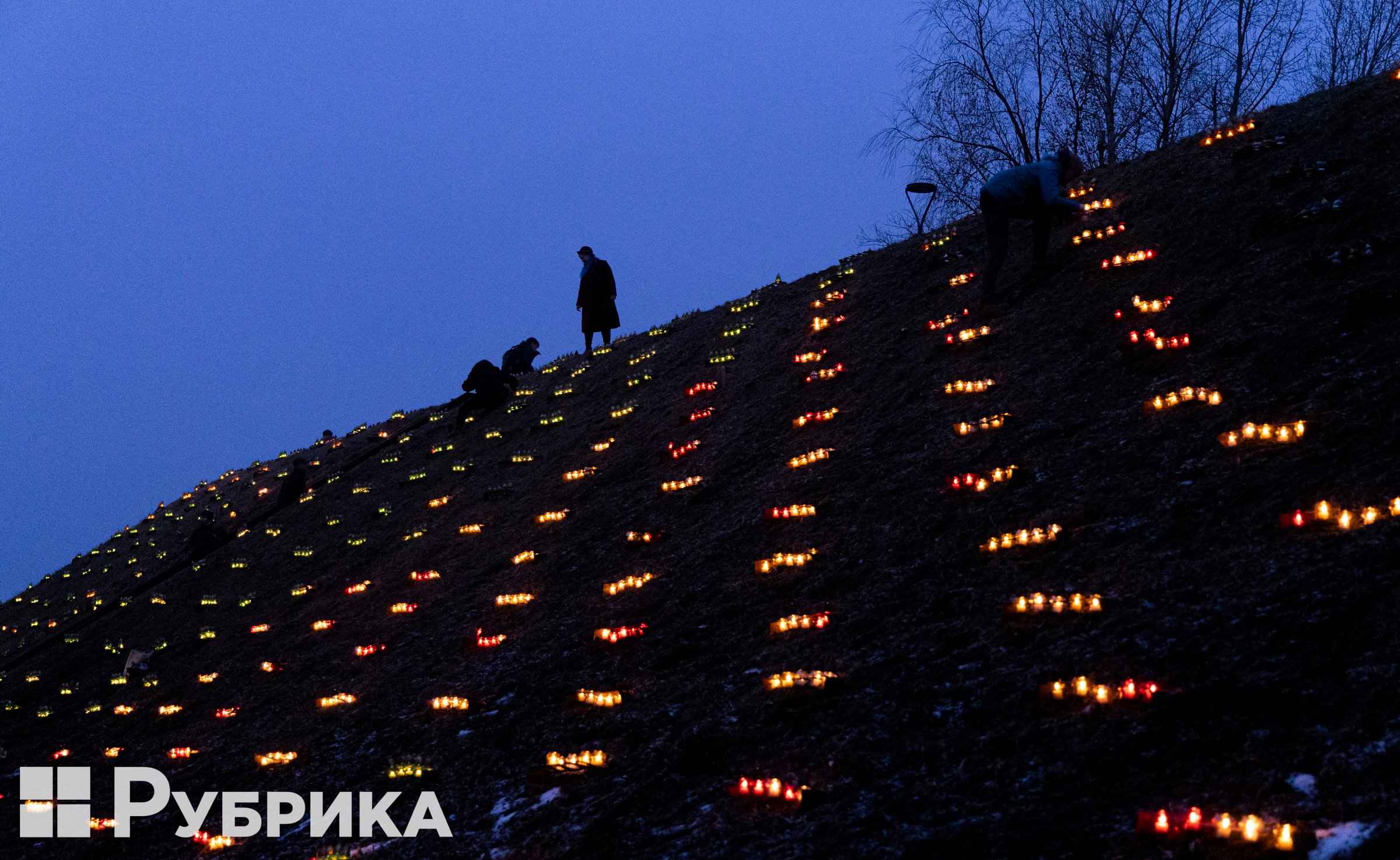
Photo: Rubryka
On November 18, 1932, the Central Committee of the Communist Party of the Soviet Union (CPSU) issued a resolution titled "On Measures to Strengthen Grain Procurement." This resolution imposed severe punishments for failing to meet grain procurement targets, including fines and confiscation of essential food supplies. Agricultural farms were penalized by losing a 15-month meat quota, and later, potatoes and lard were also added to the list of confiscated items.
At the same time, another resolution, "On the Liquidation of Counter-Revolutionary Nests and the Defeat of Kulak Groups," allowed the Soviet government to seize grain from peasants under the pretext of "counter-revolutionary crimes."
Just days later, on November 26, 1932, an order issued by the People's Commissar of Justice and the Prosecutor General of the Ukrainian Soviet Socialist Republic (SSR) emphasized that "repression is one of the powerful means of overcoming class resistance to grain procurement." This shows that the famine was not a natural disaster but a carefully planned and concealed punitive operation. Ukrainian peasants were first stripped of the grain they had grown, then subjected to further repression through fines, searches, and confiscation of their remaining food supplies.
In December 1932, food trade was banned in 82 districts of Ukraine, and the supply of industrial goods was halted. As the famine worsened, in early 1933, peasants were also prohibited from leaving the affected areas to seek food or refuge elsewhere.
Desperate to survive, peasant families were forced to eat whatever they could find, including:
- Corn cobs and stalks
- Sifted husks
- Dried straw
- Rotten watermelons and beets
- Potato husks
- Acacia pods
- Crushed tree bark and leaves
The famine, which lasted for 22 months, resulted in the deaths of around 4 million people, according to official figures.
For many decades, the Holodomor was a taboo subject in the Soviet Union. Under the communist regime, discussing the famine was strictly prohibited. It wasn't until the late 1980s that research into the tragedy began to surface.
In 2006, Ukraine passed the Law "On the Holodomor of 1932–1933 in Ukraine," officially recognizing the famine as an act of genocide against the Ukrainian people. The law also stated that any public denial of the Holodomor is an insult to the memory of its victims and a violation of the dignity of the Ukrainian people.
In 2010, the Kyiv Court of Appeals ruled that Soviet leaders, including Joseph Stalin, Vyacheslav Molotov, Lazar Kaganovich, Pavel Postyshev, Stanislav Kosior, Vlas Chubar, and Mendel Khataevich, were responsible for organizing the Holodomor in Ukraine.
Today, more than 90 years after this tragedy, Ukraine continues to suffer as Russia's ongoing actions, including the blockade of Ukrainian grain exports, are viewed by many as another form of genocide against Ukrainians. Additionally, this blockade has had a significant impact on food security in African countries, exacerbating global hunger.
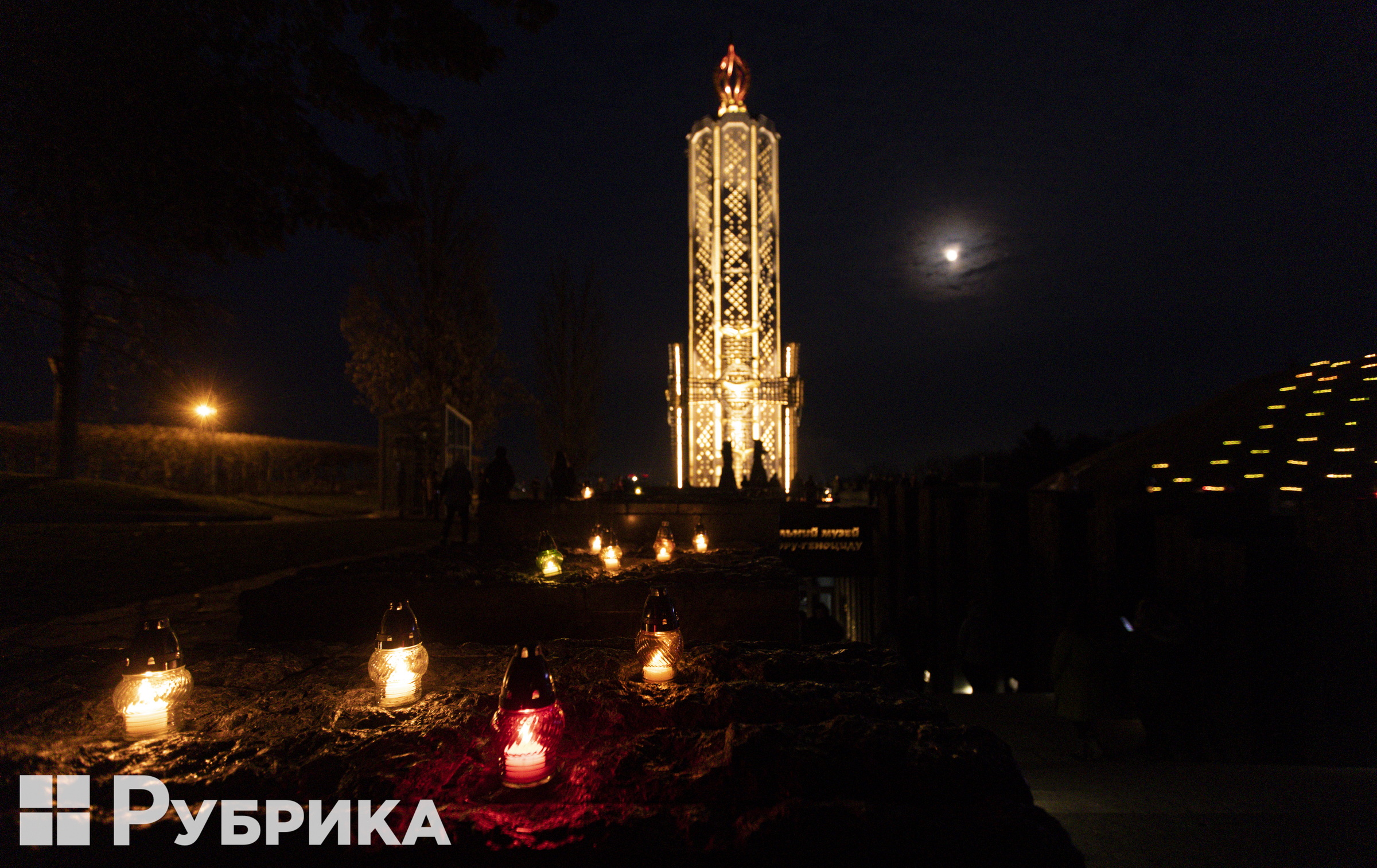
Mourning events are scheduled across Ukraine for the Day of Remembrance of the Victims of the Holodomors.
On this day, it is a tradition for Ukrainians to light candles in their homes to honor the memory of those who perished during the man-made famine.




